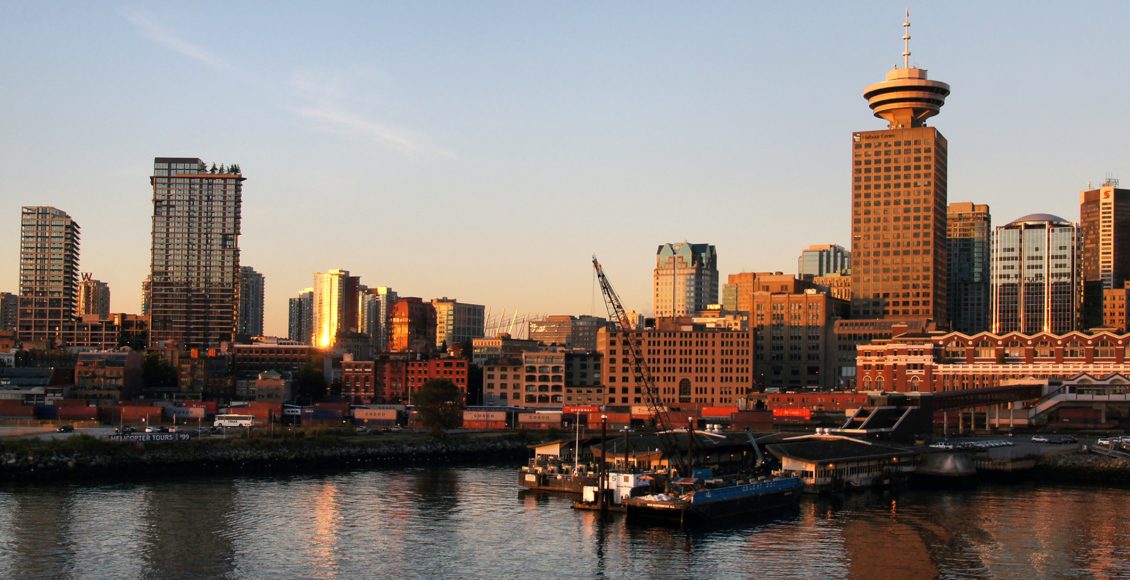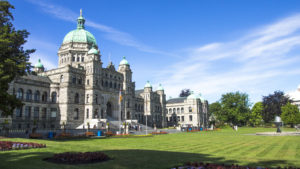An Old Trick With a New Look: The Vancouver Model of Money Laundering
 SONY DSC
SONY DSC
Vancouver’s real estate market, it’s ever rising prices, and under-the-table cash pay-offs play a central role in Canada’s news sphere and so does the impact that these exorbitant prices are having on British Columbia’s (BC) residents. What has received significantly less coverage is the role that BC’s government has played in these soaring prices and in the province’s fentanyl crisis, which is killing people at a higher rate than anywhere else in the country. Last year’s change in governance, with the election of John Horgan, marked the end of 16 years of Liberal rule in BC and quick-started a reassessment of many of the previous administration’s positions. At the top of that list sat casinos, with a problem that has come to be known as the “Vancouver Model of Money Laundering.” In light of the inquiries on casinos, Peter German, a former deputy commissioner of the RCMP, presented an extensive report which detailed how Vancouver’s largest casinos were being used as ‘laundromats’ by local and foreign crime syndicates and how BC’s previous administration repeatedly dismissed proof of this problem. The systematic dismissal of these claims in the face of extensive evidence has forced BC’s new District Attorney, David Eby, to call in question the integrity of the previous administration. The ramifications of this ten-year long free pass to launder money in BC casinos, the tally of which far surpasses 100 million, can only be explained with an in depth analysis of the “Vancouver Model of Money Laundering.”

Casinos have long been used to launder funds of dubious origins and most governments have hence placed strict regulations on casinos to largely limit the extent to which casinos can be used to such ends. In the decade following the opening of the River Rock Casino, Vancouver’s largest casino, there were no criminal charges or tax prosecutions related to the mass money laundering that occurred in casinos. It is baffling to imagine that until very recently, BC’s government had no legal response in the face of such blatant illegal action — criminals were wheeling cash in hockey bags, reaching sums larger than a million CAD in a single transaction — and yet the government seemed entirely comfortable refuting any claims that large scale money laundering was occurring on a daily basis. Although the estimated 100 million CAD that was laundered in the past decade already amounts to an astronomical sum, David Eby explains that this sum only accounts for the most blatant laundering that occurred.
The truly nefarious aspect of the Vancouver Model takes a more covert form and is deeply tied to Chinese organized crime and BC’s fentanyl crisis. Chinese high-rollers wanting to gamble in foreign countries are prevented by the Chinese government from leaving the country with large sums of money. They hence turn to local organized crime for a solution. These high-rollers transfer funds to organized crime syndicates in China in exchange for money to gamble with once they are on Canadian soil. These same crime syndicates then provide them with funds in the form of the profits of their illegal activities in BC. This solves a problem for both parties: the Chinese gamblers now have funds to gamble with in Canada, and the Chinese crime syndicates have safely laundered and ‘wired’ their profits back to China. This system then goes on to impact BC’s two crises: the money is used in China to produce and import the components of fentanyl while the high-rollers circumvent Chinese taxes by buying property in BC.

Unsurprisingly, this process generated enormous funds for the BC government in the form of taxes on casino revenues, but what is surprising is how systematic the government’s dismissal of glaring evidence proving money laundering occurred in BC’s casinos was. Although Peter German’s report, which was mandated by Eby, was designed to assess how prevalent money laundering really was in BC’s casino, while not being “fault-finding” in nature, the report does recommend the creation of independent regulatory bodies for casinos that would report to national authorities rather than provincial ones. The underlying message behind German’s recommendations is clear: BC’s previous government was at least partially complicit in the lack of responsiveness to this growing problem.
When David Eby was appointed as District Attorney, he remembers being told by casino regulators “I think we are going to blow your mind” when they showed him videos of criminals openly carrying cash into casinos and leaving right back with ‘laundered’ money. Indeed, it is mind-blowing to observe that criminals could just stroll into a casino to launder a million CAD in 20 dollar bills, and for the reports placed by the casinos employees to fall on deaf ears. One of the more damming instances of the government actively turning a blind eye to this problematic occurred in 2009, when B.C.’s Integrated Illegal Gambling Enforcement Team asked for more funding after having warned the government that BC’s casinos were vulnerable to money laundering. Rich Coleman, the minister who oversaw their demand, also oversaw revenues coming in from casinos, which he did not believe created a conflict of interest. He swiftly disbanded the unit following their request for funding and actively discredited the former head of the team, Fred Pinnock, when he took his worries about money laundering to the press. In effect, he disbanded a unit that was shedding light on the systematic money laundering that occurred in casinos, and when German’s report came out he explained that he did “everything [he] could” to prevent this very problem.

Ultimately, it is still unclear whether there will be criminal charges filed against members of the previous administration for turning a blind eye to the repeated laundering that occurred in its casinos in favour of the funds that it generated. Although David Eby and BC’s new government have made it a priority to crack down on this problem, the long-lasting ramifications of the ‘Vancouver Model Of Money Laundering’ go far beyond the immediate implications of governmental corruption. BC’s fentanyl epidemic continues to cause hundreds of deaths each months, with no sign of abating. We continue to see the death toll increase each month. Likewise, Vancouver’s housing market is unaffected by the plethora of policies and initiatives that are put in place by Vancouver’s mayor, causing homelessness to soar to unprecedented highs. For years to come, Vancouver’s future will continue to be shaped by the ramifications of the Vancouver Model and it is unclear how the province will recover.
Edited by Kody Crowell
